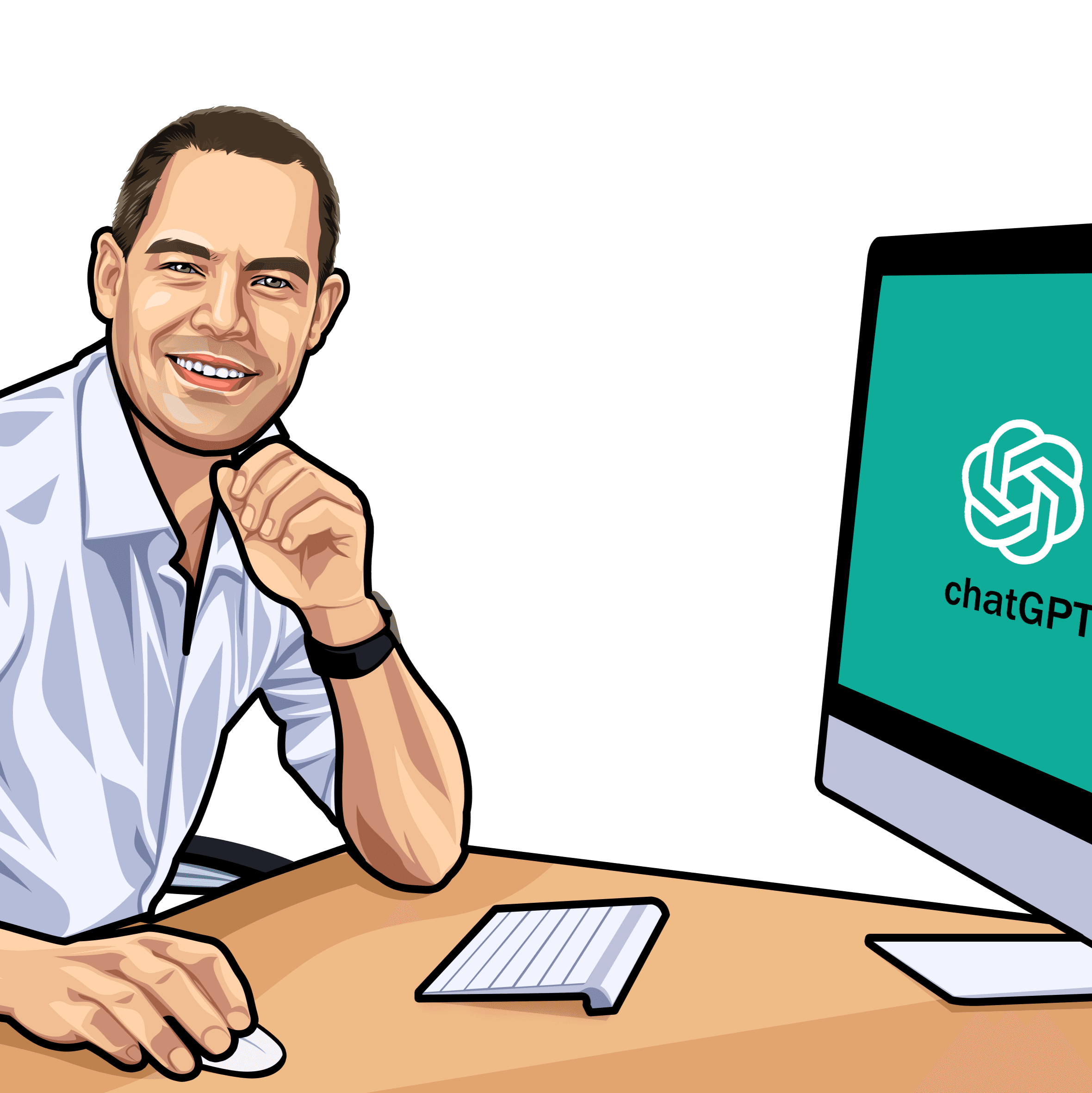Awareness
The Link Between Anxiety and Insomnia

Matt Kuntz and ChatGPT
May 12, 2025
Why worry keeps you up at night—and what you can do about it
Overview & Why It Matters
If you’ve ever stared at the ceiling replaying tomorrow’s to‑do list, you’ve felt the tug‑of‑war between anxiety and sleep. You’re not alone: 43 % of U.S. adults say they’re more anxious this year than last, and 40 % name sleep as one of the biggest factors affecting their mental health (1). Here in Montana—where long work shifts, rural distances, and economic uncertainties magnify stress—many community members report both anxious thoughts and restless nights when they call the NAMI Montana HelpLine.
Understanding (and interrupting) this two‑way relationship is crucial: chronic insomnia can triple the risk of an anxiety disorder, while untreated anxiety disorders make quality sleep nearly impossible. Breaking the cycle pays off in sharper concentration, steadier mood, and better overall health.
How Anxiety Disrupts Sleep
Mechanism | What Happens | Why Sleep Suffers |
|---|---|---|
Fight‑or‑flight activation | Stress hormones (cortisol, adrenaline) stay elevated. | Heart rate & temperature rise, making it physically hard to fall asleep. |
Rumination & “what‑ifs" | The mind replays worst‑case scenarios. | Mental hyper‑arousal prevents the brain from shifting into the slower rhythms of sleep |
Muscle tension & restlessness | Shoulders and jaw stay tight; tossing and turning follows. | Frequent micro‑awakenings fragment REM and deep sleep. |
Nearly 70–80 % of people living with an anxiety disorder report persistent insomnia symptoms. (2)
Sleep loss isn’t just a side effect—it amplifies anxiety.
Evidence‑Based Ways to Break the Cycle
1. Cognitive Behavioral Therapy for Insomnia (CBT‑I)
The American Academy of Sleep Medicine names CBT‑I the first‑line treatment for chronic insomnia. A 2023 meta‑analysis in Sleep Medicine Reviews showed that CBT‑I not only shortened sleep‑onset time but also reduced anxiety symptoms (g = –0.35) (3)
Can’t find a sleep therapist? A 2025 meta‑analysis of 29 RCTs found that fully automated digital CBT‑I (dCBT‑I) delivers moderate‑to‑large improvements and expands access for rural communities. (4)
2. Treat the Anxiety Head‑On
Cognitive Behavioral Therapy (CBT), exposure therapy, and (when appropriate) medication can tame daytime anxiety, giving the body permission to power down at night.
3. Lifestyle & Environmental Tweaks
Regular exercise, a wind‑down routine, and a dark, cool bedroom set the stage for deeper sleep. Reducing caffeine after lunch and limiting evening news doom‑scrolling are small hinges that swing big doors.
Seven Practical Sleep Tips to Use Tonight
Set a 30‑minute “worry window.” Jot concerns earlier in the evening so they don’t follow you to bed.
Power‑down hour. Dim lights & screens at least 60 minutes before lights‑out.
4‑7‑8 breathing. Inhale 4 sec, hold 7, exhale 8 to activate the parasympathetic nervous system.
Keep the clock out of sight. Clock‑watching fuels anxiety spikes.
Reserve the bed for sleep & intimacy only. If you’re awake > 20 min, get up and do something relaxing under dim light.
Aim for consistency. Wake‑up time is more powerful than bedtime for anchoring the internal clock.
Seek daylight. Ten minutes of morning sun helps reset circadian rhythms.
Getting Help in Montana
NAMI Montana Support Groups—Free, peer‑led groups for individuals with mental health conditions and for family members.
NAMI Basics & Family‑to‑Family Classes—Education programs that cover coping skills, sleep hygiene, and stress management.
988 Suicide & Crisis Lifeline—24/7 support if anxiety and insomnia lead to thoughts of self‑harm.
Bottom Line
Anxiety and insomnia form a self‑perpetuating loop—but evidence‑based treatments can break it. Start with small, consistent sleep‑friendly habits, explore CBT‑I (digital or in‑person), and reach out if you need support. Better sleep isn’t a luxury; it’s a foundation for calmer days, clearer thinking, and stronger mental health.
Find more mental health resources at www.namimt.org
Recommended For You





